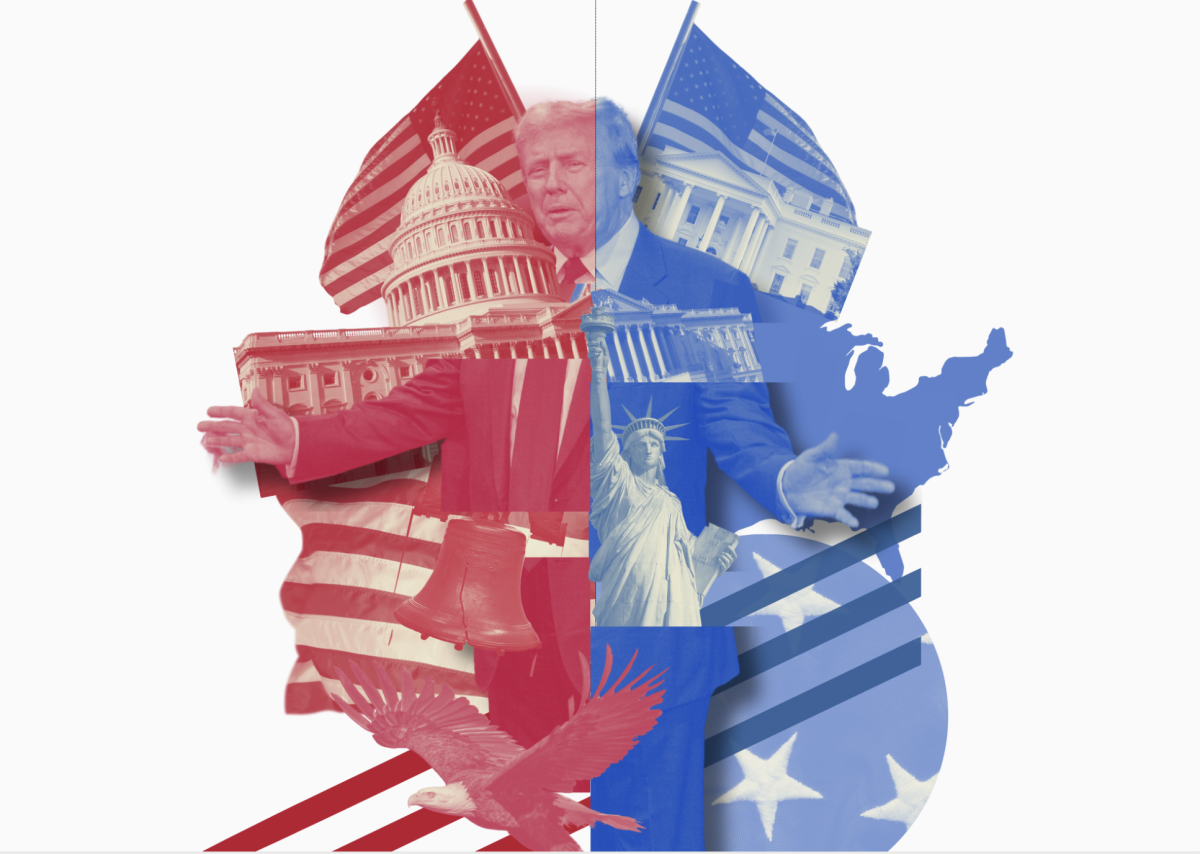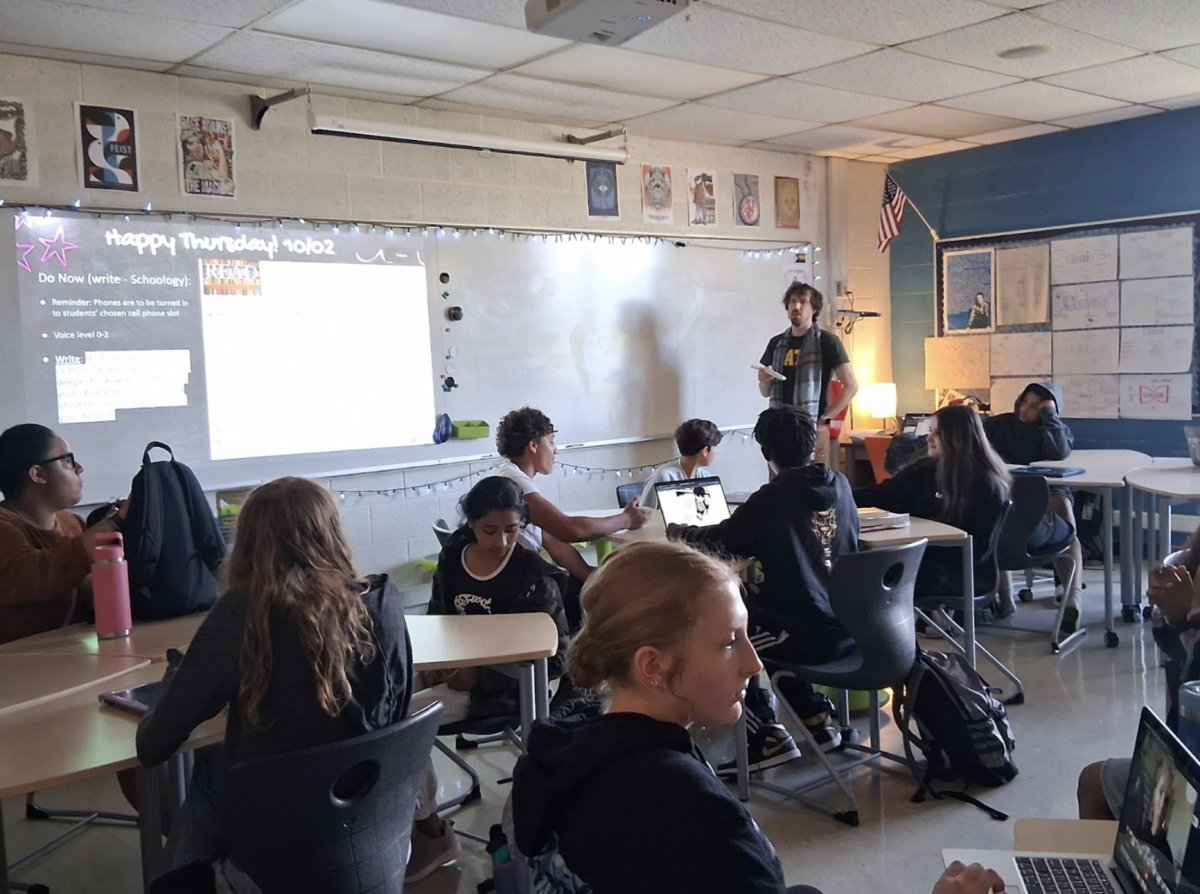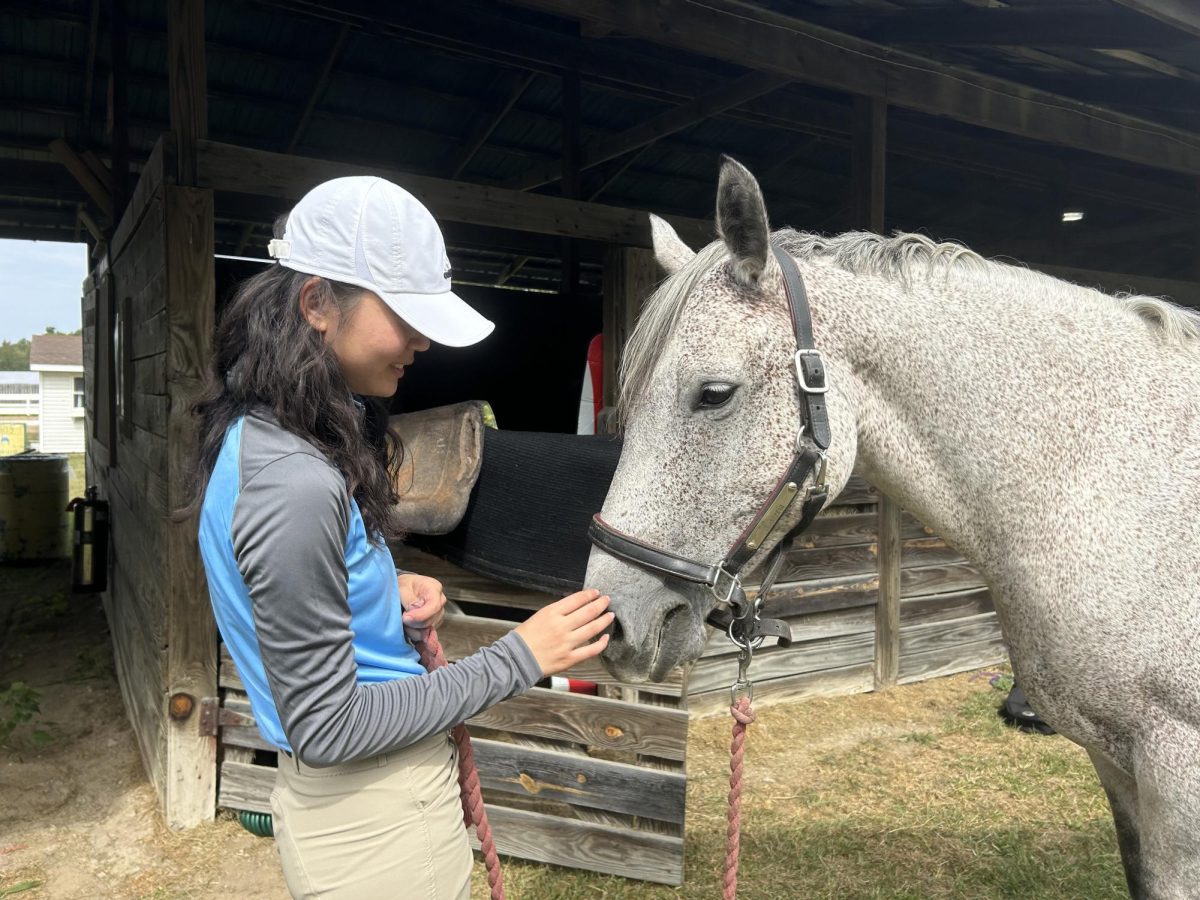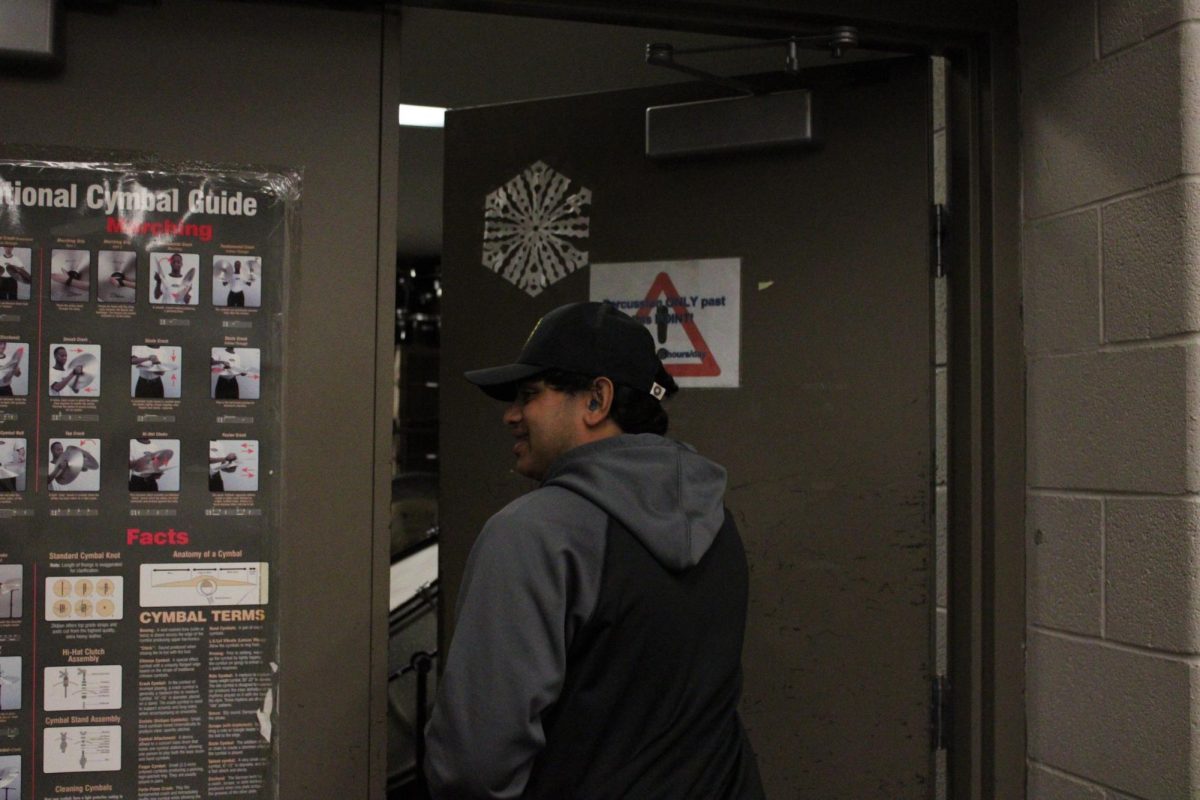“I feel politically homeless.”
John Doe was heavily involved in conservative politics as a Michigan Precinct and State delegate from August 2020 to August 2022. He wished to remain anonymous for privacy reasons.
“I feel lost,” Doe said. “I’m certainly not a Democrat, but I don’t agree with a fair number of Trump’s policies. I still have some of these more traditional, historic, conservative values, especially when it comes to the economy. But at the same time, I would say I align more with the Democrats on a lot of social issues.”
Doe’s interest in politics sparked at a young age, with a political alignment test in eighth grade social studies class being the catalyst. During his high school years at Huron, where he was a staff editor for The Huron Emery, he created “Conservative Corner,” a political column featured in many print issues of The Emery.
“Journalism coincided with my interest in politics, but it also really piqued it,” Doe said. “It gave me the platform to write and research. I enjoyed covering really anything, but particularly public interest issues and local government concerns.”
His initial involvement in Republican politics was due to multiple factors.
“I had beliefs about limited government, fiscal responsibility, more of those economic issues,” Doe said. “I also saw that there was this need to share another viewpoint, whether it was at the high school or in the city, and really just get more young people engaged, not just in politics, but particularly with conservative causes.”
Growing up in liberal Washtenaw County was interesting for Doe.
“You grow up with an education, a system and experience that exposes you to more beliefs about progress,” he said. “At the same time too, sometimes even in our younger years, there might be that notion to think differently or maybe to stand out a bit.”
While studying journalism, political theory and public relations at Michigan State University, Doe became a precinct delegate for what is now Michigan’s sixth congressional district, which includes Washtenaw County. Both parties have precinct delegates, and by filling out an affidavit, any resident can be elected to be one. Doe later petitioned to become a state delegate, and in that role, attended conventions to vote for new party leadership and select nominees for positions such as Secretary of State and Attorney General.
After serving a two-year term as state delegate, Doe made the decision to not run for the 2024 election.
“I would always tell people, it gets more messy within the same party,” Doe said. “I allied more with a good chunk of conservative beliefs, but I don’t feel like the Republican Party represents those beliefs right now, and honestly, it’s a huge reason why I left politics.”
Doe feels that the word “alignment” doesn’t quite describe his relationship with the Republican party anymore.
“I still align with conservative values, but the party is what has changed,” Doe said. “Especially with Trump and tariffs. Just years ago, what Republican would have supported tariffs? That is the antithesis of a free market economy.”
He has concerns with a lot of Trump’s recent policies.
“The strategy [since the inauguration] has been, ‘Let’s just create chaos,’” Doe said. “‘Let’s flood everything with executive orders.’ I think there needs to be a larger conversation about how much power a president should have and what executive orders should do.”
To Doe, Trump is a populist, not a conservative.
“We talk about tons of spending,” Doe said. “What happened to fiscal responsibility? I think it’s an issue as a whole for the country. Trump is shifting those political alignments and trends.”
Although Doe feels conflicted with the current party division, he did vote in this recent election. The 2024 election saw the second highest voter turnout, according to BallotPedia, and Michigan had the third highest voter turnout.
“I at least like to think that Michigan’s voting,” he said. “I think it’s so important, even if you might not be thrilled with either of the candidates, that you still vote. Voting is such a precious, sacred right.”
For the first time, Doe’s ballot featured split ticketing, where he voted for both Republican and Democratic candidates.
“I think a lot of people need to think about country over party,” Doe said. “It’s just so much of it [with Trump] has to be about allegiance to him as a leader.”
Memories of having his club posters at Huron being ripped down by others have fueled Doe’s argument for the necessity of open dialogue.
“I think people need to be open to challenging their own beliefs; I’ve been offering a lot of criticisms against the Republican party,” Doe said. “But I think it’s hard now, because this is not the party that I got involved with back in 2016. It’s really more of this populist, authoritarian route, and I see why some people might be less open to hearing the right side. And that’s truly, again, why I left. So many of the traditional values have just been abandoned.”
Specifically, Doe has concerns about recent cuts to research and changes to important federal programs – such as the Department of Education, the Department of Government Efficiency, and Free Application for Federal Student Aid (FAFSA) – and overstep of executive authority.
“Do you really have the right to try to close these departments?” he said. “They were passed by Congress. They’re funded by Congress.”
Another area of unease for Doe relates to Trump’s current policies around the economy.
“I think a good chunk of his voters just voted for him because they thought their prices were too high,” he said. “But what’s being done to fix prices? What’s a tariff going to do? By nature, it’s going to increase your price.”
Recently, Doe said that he has been disapproving more of right-wing policies.
“I think some of this is just about noise,” he said. “Is anything going to happen?”
To Doe, it seems like both Republican and Democratic parties have been taken over by the “loudest voices” in each party.
“For folks more in the middle, like me, there’s no place to go,” he said.
In regards to political awareness and socialization, Doe has shifted his attention to state policy. In his eyes, bills passed in the state about topics from minimum wage to tip laws for business are equally as important as national policy.
“I took all these philosophy classes about if bad leaders can be good people, or if good people can be bad leaders,” Doe said. “I just think that the whole conversation about character and virtue is lost.”











